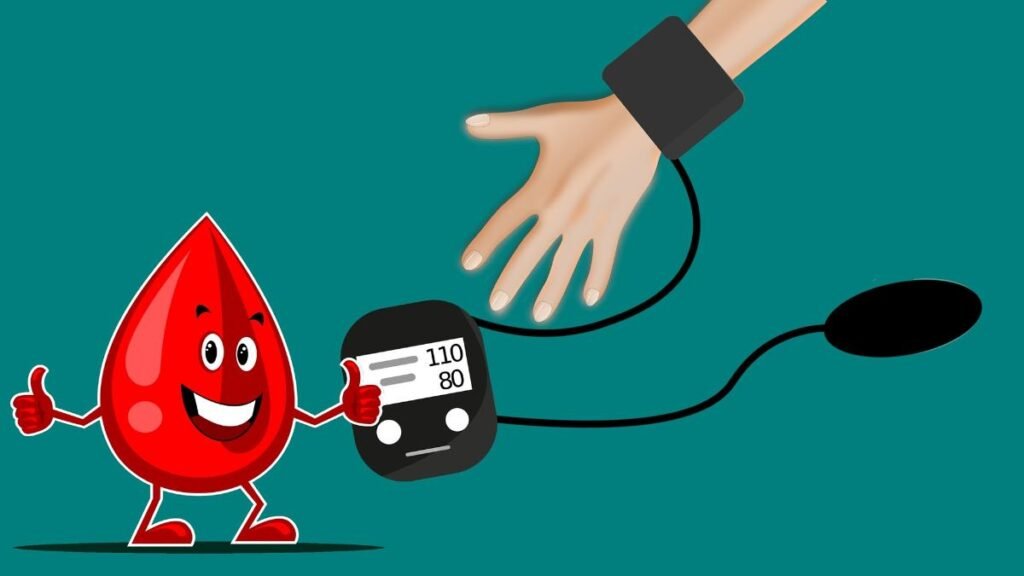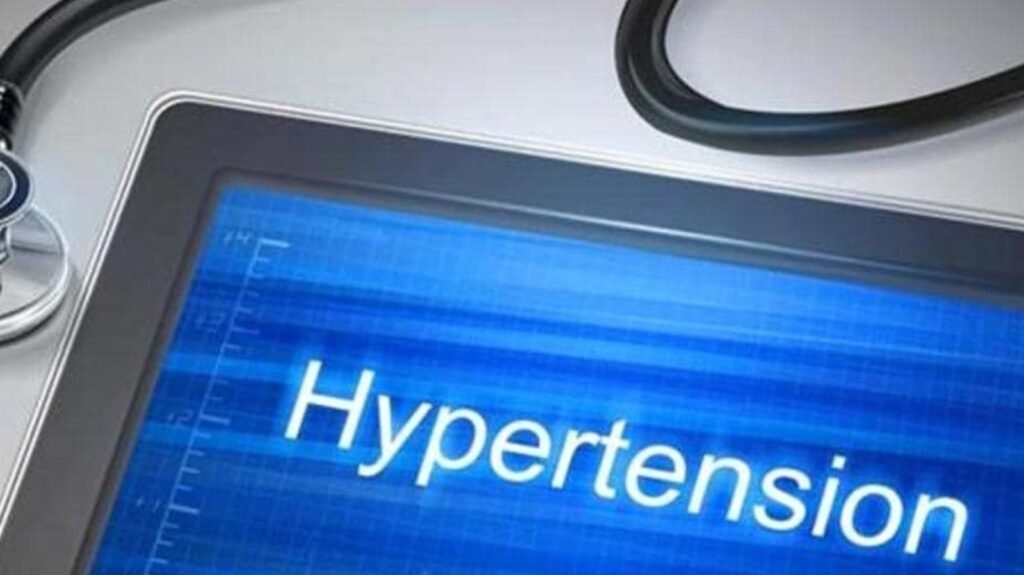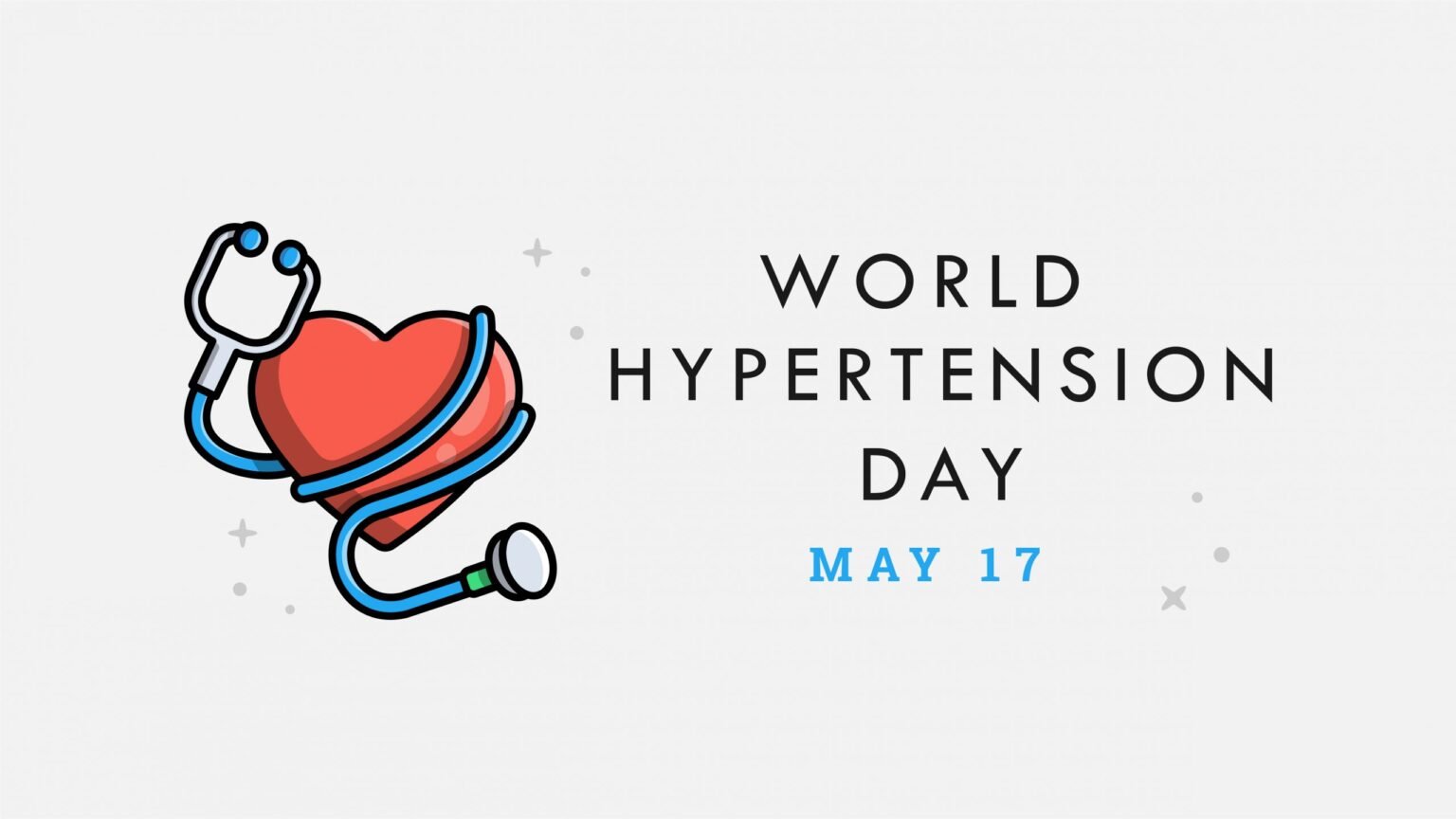Why World Hypertension Day Matters

Observed annually on May 17, World Hypertension Day aims to raise awareness about the dangers of high blood pressure—a condition that affects millions globally and often goes undetected until serious health problems arise. This year’s focus brings attention to a more complex condition: resistant hypertension, a form of high blood pressure that remains uncontrolled despite medical treatment.
What Is Resistant Hypertension?
Resistant hypertension is defined as high blood pressure that does not respond to treatment, even after taking three or more different types of blood pressure medications—one of which must be a diuretic. In some patients, the condition persists despite adherence to prescribed medication, signaling the need for a deeper medical evaluation and lifestyle changes.
“True resistant hypertension is not very common, but what we often see in practice is pseudo-resistance caused by poor compliance, incorrect drug combinations, or unhealthy habits,” explains Dr. Manish Bansal, Senior Director, Clinical & Preventive Cardiology, Medanta, Gurugram.
Common Causes of Resistant Hypertension
Resistant hypertension may be linked to several factors, such as:
- Chronic kidney disease
- Hormonal disorders (e.g., hyperaldosteronism)
- Obesity and diabetes
- Sleep apnea
- Excessive salt intake
- Chronic stress and poor sleep
- Medication interference from non-prescription drugs
According to Dr. Bansal, identifying and managing these contributing factors is crucial to controlling the condition.
Health Risks of Uncontrolled Resistant Hypertension
Leaving resistant hypertension untreated can significantly raise the risk of:
- Heart attack and stroke
- Kidney failure
- Vision problems
- Aneurysm formation
- Cognitive decline
“Persistent high blood pressure puts added strain on your heart, arteries, and kidneys. Timely diagnosis and proper intervention can prevent irreversible damage,” says Dr. Bansal.
Recognizing the Symptoms
While hypertension often has no symptoms, some individuals with resistant hypertension may experience:
- Frequent headaches
- Fatigue and dizziness
- Chest discomfort
- Shortness of breath
- Blurred vision
- Palpitations
These symptoms should not be ignored, especially if you’re already on blood pressure medication but not seeing improvement.
Effective Management of Resistant Hypertension

Managing resistant hypertension requires a comprehensive approach. Below are expert-recommended steps:
1. Review Your Medications
Ensure you’re taking the right combination and dosage of medications. Work with your doctor to explore newer drug options if needed.
2. Reduce Sodium Intake
Avoid processed foods, snacks, and fast food. Use natural herbs and spices to flavor your meals instead of salt.
3. Limit Alcohol Consumption
Excessive alcohol can raise blood pressure and reduce the effectiveness of medication. Stick to moderate drinking guidelines or abstain.
4. Get Regular Exercise
Engage in at least 30 minutes of physical activity like walking, swimming, or cycling most days of the week to improve heart health.
5. Achieve a Healthy Weight
Losing even a small amount of weight can lead to noticeable improvements in blood pressure control.
6. Monitor Your BP at Home
Track your blood pressure regularly with a digital monitor. Keep a log to help your doctor fine-tune your treatment plan.
7. Manage Stress Effectively
Incorporate relaxation techniques like meditation, deep breathing, or yoga into your daily routine to reduce blood pressure spikes caused by stress.
Routine Checkups Are Essential
For those with resistant hypertension, routine medical evaluations are vital. Doctors may screen for secondary causes like sleep apnea, thyroid dysfunction, or adrenal gland disorders to ensure proper treatment.
Key Takeaway for World Hypertension Day 2025
This World Hypertension Day, take a proactive step toward understanding your blood pressure health. Resistant hypertension may not be common, but it’s serious and manageable with the right support and lifestyle changes. Don’t wait for complications—prioritize early diagnosis, informed treatment, and consistent follow-up care.
Disclaimer

This article is intended for informational purposes only and should not be considered a substitute for professional medical advice, diagnosis, or treatment. Always consult your doctor or healthcare provider for specific health concerns.




